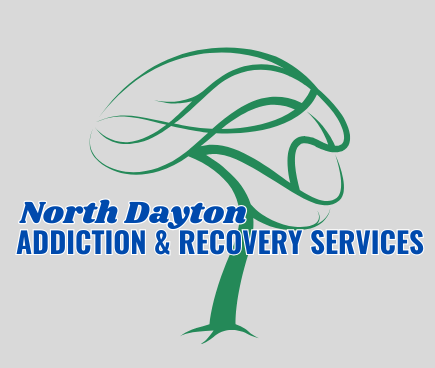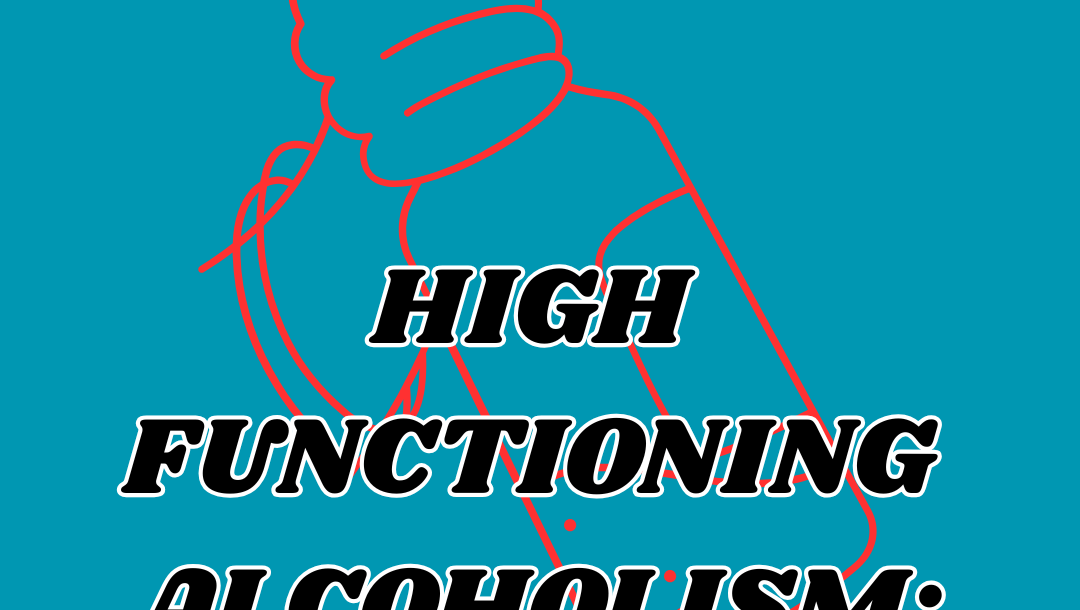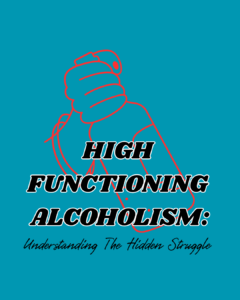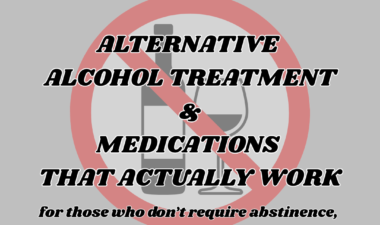What Is High-Functioning Alcoholism?
When people think of alcoholism, dramatic images often come to mind: individuals who are homeless, unemployed, in poor health, or estranged from loved ones. But alcoholism isn’t always obvious. It exists on a spectrum, and one lesser-known category is high-functioning alcoholism.
High-functioning alcoholics (HFAs) are individuals who maintain jobs, relationships, and responsibilities while secretly battling alcohol addiction. They may appear successful and responsible, masking the negative consequences of their drinking. Despite this outward appearance, chronic alcohol abuse eventually takes a toll—physically, emotionally, and socially.
How Many People Struggle with Alcohol Use Disorder?
You may be surprised to learn how widespread Alcohol Use Disorder (AUD) is. A 2007 study by Columbia University revealed that 11% of Americans met the criteria for alcoholism, and nearly 75% of those were classified as high-functioning. Other estimates place that figure as high as 90%, indicating that many people with alcohol dependence continue to perform well in public-facing aspects of their lives.
Signs of High-Functioning Alcoholism
Because HFAs often deny their problem and hide their drinking, it can be challenging to spot the signs. Loved ones may notice subtle changes before the alcoholic does. Common signs include:
- Drinking alone or in secret
- Needing alcohol to relax or feel confident
- Morning or early-afternoon drinking
- Regularly drinking more than intended
- Occasional blackouts or memory lapses
- Joking about having a drinking problem
- Becoming defensive or angry when confronted
- Unexplained absences from work or school
Risky Behaviors of Functional Alcoholics
Although they may seem in control, functional alcoholics frequently engage in high-risk behaviors, including:
- Binge drinking
- Driving under the influence
- Drinking while responsible for children
Eventually, these behaviors lead to consequences in relationships, careers, and health—even if delayed.
Short-Term Effects of Alcohol Use
Alcohol is a psychoactive central nervous system depressant that disrupts communication between brain cells. Even moderate drinking causes immediate effects:
- Lowered inhibitions and judgment
- Slurred speech and poor coordination
- Nausea, vomiting, and stomach irritation
- Flushed skin and increased sweating
- Sleep disturbances and dizziness
These effects vary based on age, weight, gender, and food intake.
Long-Term Health Consequences
Chronic heavy drinking can lead to alcohol dependence and serious health complications, including:
- Liver disease (e.g., cirrhosis)
- Cardiovascular issues (e.g., hypertension)
- Certain cancers (e.g., throat, liver, breast)
- Nerve damage and cognitive decline
- Immune suppression and frequent infections
- Gastrointestinal disorders (e.g., ulcers)
Withdrawal from alcohol after long-term use can also be dangerous and should be managed medically.
The Psychology of Denial in HFAs
Many HFAs justify their drinking because they are “still doing well” in life. This denial delays treatment and reinforces the cycle of addiction. Recognizing the problem is the first step toward recovery.
Impact on Families and Loved Ones
Families often walk on eggshells around functional alcoholics, unsure how to help. The emotional toll includes anxiety, mistrust, resentment, and eventual burnout. Children in particular are at risk of developing their own mental health issues.
Workplace Implications
Although HFAs may appear successful, alcohol dependence affects job performance. Missed deadlines, absenteeism, and strained coworker relationships are red flags. Eventually, the facade cracks.
Social Consequences and Isolation
HFAs may withdraw socially to hide their drinking or surround themselves only with others who drink heavily. This can lead to increased isolation, loneliness, and worsening mental health.
Gender Differences in High-Functioning Alcoholism
Studies show that men are more likely to be diagnosed with AUD, but rates among women are rising. Women may experience health consequences faster and face greater stigma.
Functional Doesn’t Mean Healthy
Just because someone maintains outward appearances doesn’t mean they’re healthy. Internal damage continues regardless of success at work or home.
Misconceptions About Alcoholism
One common myth is that alcoholics must hit “rock bottom” before seeking help. In reality, early intervention is more effective and less traumatic.
Screening and Diagnosis
If you suspect someone is a high-functioning alcoholic—or if you’re wondering about your own drinking—tools like the CAGE or AUDIT questionnaires can help identify risky patterns. These audit tools can be found with a simple internet search.
Treatment Options for HFAs
Effective treatments include:
- Medical detox (if needed)
- Cognitive Behavioral Therapy (CBT)
- Medication-assisted treatment (MAT) – See below regarding the use of medications to reduce alcohol use.
- Individual and group counseling
- Support groups such as Alcoholics Anonymous (AA)
Benefits of Early Intervention
Addressing AUD early can prevent irreversible damage. Recovery improves relationships, health, and overall quality of life.
The Role of Loved Ones
Family and friends play a crucial role. Expressing concern, setting boundaries, and encouraging treatment can make a significant difference.
Relapse Prevention
Recovery is a journey. Ongoing support, healthy coping mechanisms, and follow-up care reduce the risk of relapse.
Personalized Recovery Plans
Each person’s situation is different. A customized treatment plan increases the chance of long-term success.
Hope and Healing Are Possible
Many high-functioning alcoholics go on to lead fulfilling, sober lives. Recovery is possible—and it starts with asking for help.
At North Dayton Addiction & Recovery, we emphasize an approach using medically assisted treatment to reduce alcohol use. This involves the use of medications to decrease or consumption, if desired, eventually eliminate alcohol use altogether.
Conclusion: Take the First Step Toward Recovery Today
High-functioning alcoholism is often hidden—but it’s no less serious than any other form of addiction. If you or a loved one is struggling with alcohol use disorder, don’t wait for the consequences to become severe.
At North Dayton Addiction & Recovery, we specialize in compassionate, evidence-based care for individuals living in Ohio, Indiana, Florida or Arizona. Though our office is in Dayton, we treat patients throughout these four states via telemedicine. Whether you’re maintaining a career while secretly drinking or worried about someone close to you, we are here to help you reclaim your health and your life.
Our medical director Dr. Paul Kolodzik is double board certified in addiction medicine and emergency office. He has over 15 years experience working with high functioning alcoholics to decrease alcohol use or eliminate alcohol use altogether.
Contact North Dayton Addiction & Recovery today for a confidential consultation. Our expert medical team is ready to guide you toward sustainable recovery. Call or visit our website to schedule your appointment and take the first step toward a brighter future of reduced or eliminated alcohol use.
Your recovery starts now—don’t wait.

Dr. Paul Kolodzik, MD
Board certified addiction medicine specialist in Ohio, Indiana, Florida and Arizona





